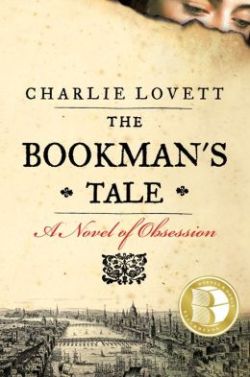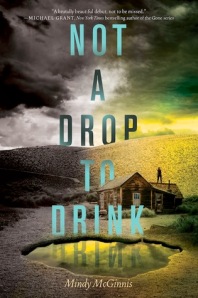 SPOILERS AHOY. Just this whole thing. Don’t even read it. Unless you don’t care about being spoiled about something that was in the news and people freaked out about on Twitter and also you learn in the very first paragraph of the book. In that case, welcome, dear friend.
SPOILERS AHOY. Just this whole thing. Don’t even read it. Unless you don’t care about being spoiled about something that was in the news and people freaked out about on Twitter and also you learn in the very first paragraph of the book. In that case, welcome, dear friend.
When I say that I was sad about the news that Helen Fielding would be killing Mark Darcy in her third Bridget Jones book, I am practicing the rhetorical technique known as litotes, which is fancy asshole for “understatement.” The reason I am being a fancy asshole about it is that I have never in my life been more upset about the death of a fictional character than I was about Mark Darcy. ‘Devastated’ would be an accurate word for my emotional state. Also ‘destroyed.’ And ‘demolished.’ I am laid waste to. The more astute of you will notice that I am now employing the opposite of litotes, hyperbole, which is one of my favorite and most used forms of expression. I am doing this because I am a fancy asshole, as stated previously, but also because I am putting off as long as possible having to write the rest of this review, which I am convinced will crumble me until I am nothing more than dusty remains of what used to be a person.
Because Fuckin’ A, Mark Darcy is dead.
Initially, I wasn’t even going to read the thing. I felt betrayed. I felt it was unnecessary and cruel. And I hadn’t even liked the second book all that much anyway SO THERE. But then I got curious. And a friend reviewed it positively. And I gave in.
I’m so glad I did. I loved this book. I loved it hard. I loved it against my will.
If the first two books were about Bridget coping with the life of a terminally single woman, and then learning to navigate the perils of adult relationships, and both of those things were now accomplished, then what is the point of having a third book? Well, it turns out that what Bridget is coping with this time around is how a person can live through their grief and come out the other side. Fielding is also clearly interested in examining through Bridget the process of coming to terms with aging, and what’s like to have to start over after you thought you were done. You had it in the bag. And I think it’s something she succeeds at handily.
It’s not that these topics are anything new. Actually, I’m fairly sure there have been hundreds, if not thousands, of books written surrounding similar issues. What sets this one apart, however, is that we knew Bridget before she was a fifty-year old widow with two young children, grieving over a husband she loved very much. We fell in love with Mark Darcy as she fell in love with him, we experienced their relationship pangs and joys together, and we were almost as happy as she was when their story ended in a — what turned out to be — temporary happy ending. So now, we’re not just reading a story about a widow trying to start her life over and cope with her loss, we’re experiencing those losses with someone very like a friend. And we’re not just reading about her grief; we’re experience it right along with her. I felt physical pain during the scenes when Bridget thought about her dead husband, what his face looked like the night their daughter was born, how he kissed her goodbye the last time she saw him, how he would never see his children grow up.
And the thing about those scenes is that Fielding uses them so sparingly, interweaving them with episodes of Bridget’s awkwardness in dating, in parenting, in friendship, and in work, that they hit all that much harder when they appear. Bridget is trying so very hard to move past the death of her husband. She isn’t dwelling on it (at least anymore, but it’s been years in book time since Darcy’s death). Fielding’s style very much reflects Bridget’s state of mind. I found myself alternately sobbing and laughing on more than one occasion.
Because yes, this is a sad book. But is also a very, very funny one.
So if you take anything from this review, if you’re one of those people who are refusing to read this book because of what you heard on the news, I ask that you reconsider. It might stil be painful for you, but it will be painful in a way that feels true, and you will come out the other side just fine, just as Bridget does. Maybe you’ve just got a little more sadness mixed in with the rest.
I’m almost tempted to give Mad About the Boy five stars, writing this. But she did kill Mark Darcy after all, and we can’t let her completely get away with it.
[4.5 stars]








